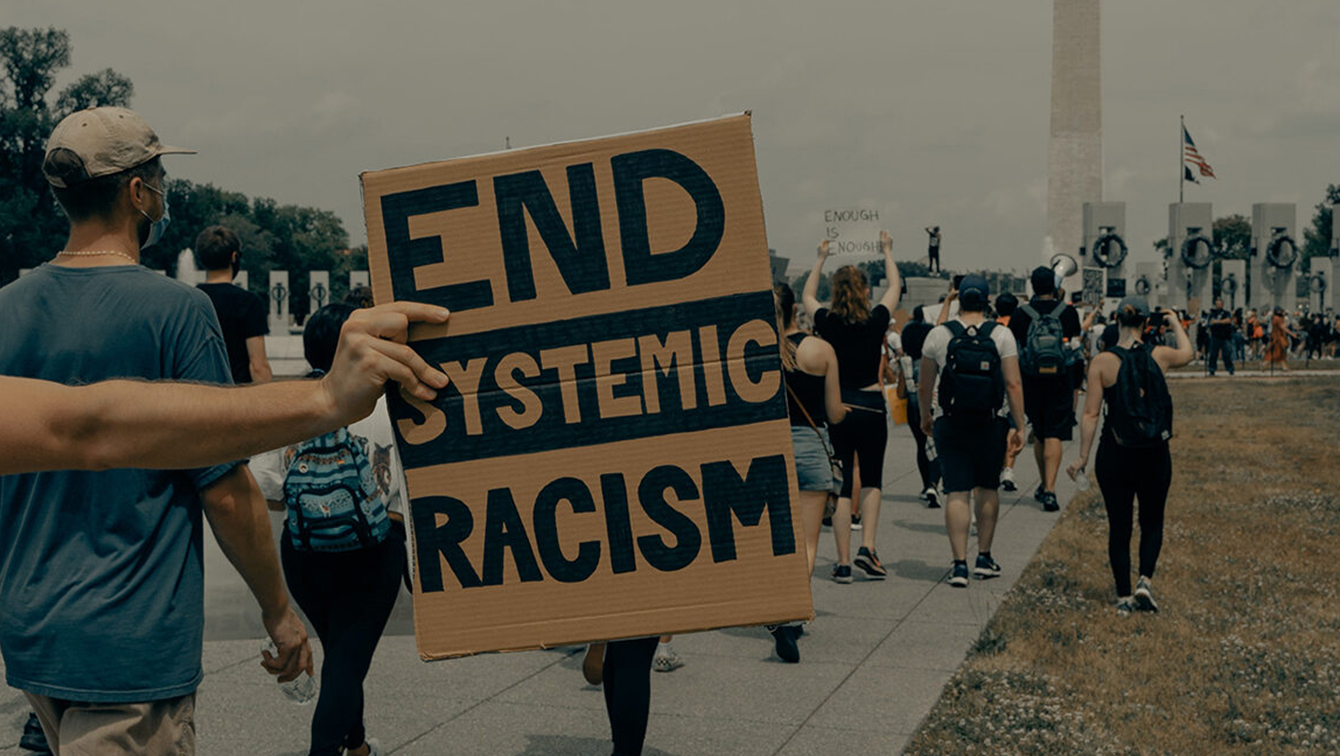In a society that strives for equality and fairness, it is crucial to address the systemic biases that persist in our criminal justice system. The California Racial Justice Act (CRJA), established under California Penal Code 745, aims to eliminate racial discrimination in criminal convictions and sentences. This groundbreaking legislation prohibits the state from seeking or obtaining a conviction or sentence based on an individual’s race, ethnicity, or national origin. Let’s delve into the details of the CRJA, including its key provisions and recent cases that highlight its impact.
Understanding the California Racial Justice Act
The CRJA, enacted in 2020, endeavors to eradicate racial bias from California’s criminal justice system. California Penal Code 745 explicitly states that the state shall not seek or obtain a criminal conviction or impose a sentence based on race, ethnicity, or national origin. By doing so, the Act aims to ensure equal treatment under the law, regardless of an individual’s racial background.
Proving Violations of the CRJA
The CRJA provides several avenues for defendants to establish violations of the Act. One approach is through direct evidence of discriminatory intent, such as the use of racially discriminatory language or a clear exhibition of bias or animus. Alternatively, defendants can demonstrate racial bias against their own racial or ethnic group by showing that they faced harsher treatment than individuals of other races who committed similar offenses.
If a defendant can establish a prima facie case of a CRJA violation, they are entitled to a hearing. During this hearing, both parties can present evidence, including statistical data, expert testimony, aggregate data, and witness testimony. The court carefully evaluates the evidence to determine whether a violation occurred.
Case Analysis
Several recent cases have shed light on the interpretation and application of the CRJA:
- Jenkins v. The Superior Court: This case provides a detailed analysis of the CRJA, specifically focusing on California Penal Code 745 and Assembly Bill 256. It emphasizes the comprehensive scope of the Act and examines the elements required to establish a violation.
- People v. Nelson: Addressing the CRJA’s provisions, this case discusses the ways in which a defendant can establish a violation. It explains the burden of proof and the requirement to demonstrate differential treatment based on race, ethnicity, or national origin.
- People v. Johnson: This case examines the applicability of the CRJA and Assembly Bill 256 to a defendant’s petition to vacate gang and gang-related firearm enhancements. It highlights the importance of addressing racial bias in charging decisions and statistical disparities in sentencing.
- People v. J.S. (In re J.S.): Focusing on the “good cause” requirement for discovery under Penal Code section 745, this case highlights the threshold showing needed to obtain discovery under the Act. It emphasizes the Act’s purpose of combating racial bias and disparities in the criminal justice system.
- People v. Thompson: Discussing the implications of the CRJA, this case examines how it has changed the way courts handle prosecutorial misconduct. It highlights the Act’s role in curbing racially incendiary language and discriminatory arguments during trial proceedings.
The California Racial Justice Act, embodied in California Penal Code 745, stands as a significant milestone in the ongoing fight against racial discrimination within the criminal justice system. By prohibiting convictions and sentences based on race, ethnicity, or national origin, the Act strives to promote equality and fairness for all individuals. Recent cases have shed light on the CRJA’s provisions and its impact on challenging racial bias and disparities in the legal process. As the implementation and interpretation of the Act continue to unfold, it is crucial to remain vigilant in our pursuit of a more just and equitable society.
The information provided herein does not constitute legal advice, nor is it a substitute for your own legal research. If you have questions, Wentworth Law Firm offers free consultations.
